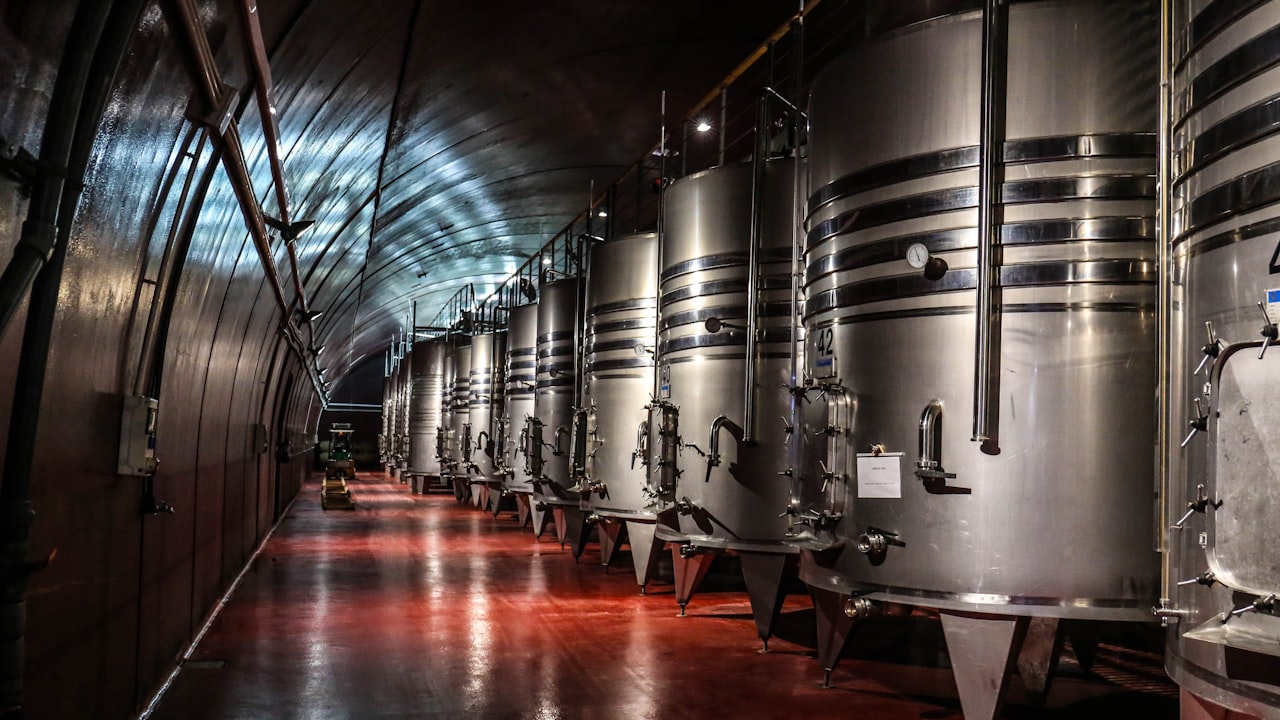 Title: “The Role of Pharmaceutical Machinery in Modern Medicine Manufacturing”
Title: “The Role of Pharmaceutical Machinery in Modern Medicine Manufacturing”
Pharmaceutical machinery plays a crucial role in the efficient and precise manufacturing of medications. One of the key machines used in the pharmaceutical industry is the table press machine. This machine is essential for compressing powdered ingredients into solid tablets of uniform size and shape. With the advancements in technology, modern table press machines are equipped with features that allow for adjustable compression force and speed, ensuring high-quality tablet production.
Another important piece of equipment in pharmaceutical manufacturing is the capsule filling machine. Capsule filling machines are used to accurately fill empty gelatin or vegetarian capsules with the specific dosage of active pharmaceutical ingredients. These machines can fill a large number of capsules quickly and precisely, minimizing the margin of error in dosage amounts. The integration of automation in capsule filling machines has significantly increased production efficiency and consistency in the pharmaceutical industry.
Two commonly used types of table press machines are TDP (Tablet Press) machines and THDP (High-Speed Tablet Press) machines. TDP machines are suitable for small to medium-scale production and are known for their reliability and ease of use. On the other hand, THDP machines are designed for high-speed production lines where large quantities of tablets need to be manufactured in a short period. These machines are capable of producing thousands of tablets per hour, making them indispensable for large pharmaceutical companies.
The pharmaceutical machinery industry continues to evolve with the introduction of innovative technologies aimed at improving production processes. For example, the integration of data analytics and artificial intelligence in pharmaceutical machinery allows for real-time monitoring of production parameters and predictive maintenance, reducing downtime and optimizing manufacturing efficiency. Additionally, the use of robotics in pharmaceutical machinery has led to increased precision and accuracy in dosage measurements and packaging.
In conclusion, pharmaceutical machinery, including table press machines, capsule filling machines, TDP, and THDP machines, plays a vital role in the modern medicine manufacturing process. These machines not only ensure the precise dosing and formulation of medications but also contribute to the quality, efficiency, and safety of pharmaceutical products. As technology continues to advance, pharmaceutical machinery will continue to evolve, meeting the growing demands of the pharmaceutical industry for innovative and reliable manufacturing solutions.

 Title: The Future of Pharmaceutical Machinery: Innovations and Trends
Title: The Future of Pharmaceutical Machinery: Innovations and Trends Title: The Importance of Pharmaceutical Machinery in Drug Manufacturing
Title: The Importance of Pharmaceutical Machinery in Drug Manufacturing Title: “The Evolution of Pharmaceutical Machinery: Innovations Driving Drug Manufacturing Efficiency”
Title: “The Evolution of Pharmaceutical Machinery: Innovations Driving Drug Manufacturing Efficiency” Title: Revolutionizing the Pharmaceutical Industry: The Role of Pharmaceutical Machinery in Drug Manufacturing
Title: Revolutionizing the Pharmaceutical Industry: The Role of Pharmaceutical Machinery in Drug Manufacturing Title: “Revolutionizing the Pharmaceutical Industry: The Impact of Pharmaceutical Machinery”
Title: “Revolutionizing the Pharmaceutical Industry: The Impact of Pharmaceutical Machinery” Title: Revolutionizing the Pharmaceutical Industry: The Role of Pharmaceutical Machinery
Title: Revolutionizing the Pharmaceutical Industry: The Role of Pharmaceutical Machinery Title: “Revolutionizing Pharmaceutical Manufacturing: The Role of Pharmaceutical Machines”
Title: “Revolutionizing Pharmaceutical Manufacturing: The Role of Pharmaceutical Machines” Title: The Evolution of Pharmaceutical Machinery in the Modern Era
Title: The Evolution of Pharmaceutical Machinery in the Modern Era Title: The Role of Pharmaceutical Machinery in Modern Medicine
Title: The Role of Pharmaceutical Machinery in Modern Medicine



